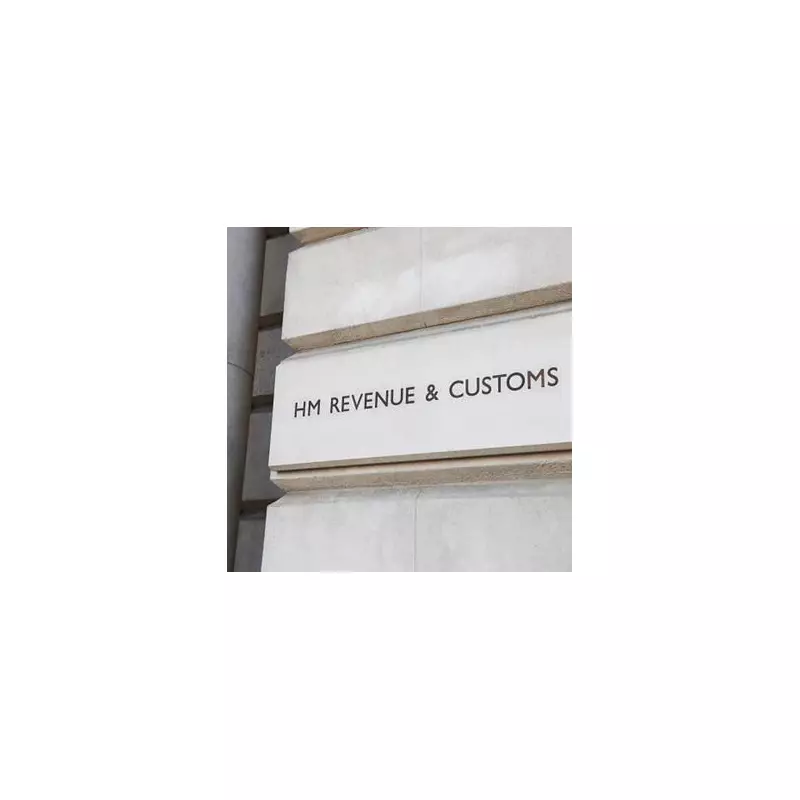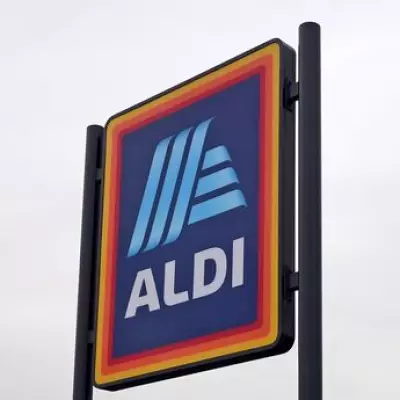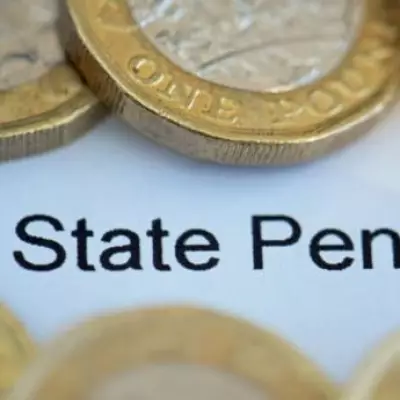
HM Revenue and Customs is gearing up to unleash a fresh wave of automatic penalties against UK households in a move that could see thousands slapped with immediate £100 fines. The crackdown targets those who miss the critical self-assessment tax return deadline of January 31st.
The Countdown to Penalties Begins
With just weeks remaining until the deadline, tax experts are sounding the alarm about HMRC's rigid enforcement system. Unlike previous years where some leniency might have been shown, the revenue service is now poised to issue penalties automatically to anyone filing late - regardless of their circumstances.
Who's at Risk?
The self-assessment net catches a wide range of individuals, including:
- Self-employed workers and sole traders
- Landlords with rental income
- Those with secondary income streams exceeding £2,500
- Individuals earning over £100,000 annually
- Anyone with complex tax affairs requiring additional reporting
Mounting Financial Pressure
What begins as a £100 immediate penalty can quickly escalate into a financial nightmare. After three months, daily charges of £10 per day kick in, potentially adding up to £900. At six months late, another £300 penalty applies, followed by a further £300 after twelve months.
"The timing couldn't be worse," warns a tax advisory specialist. "With families already grappling with soaring energy bills and food costs, an unexpected £100 penalty could be the breaking point for many household budgets."
Digital Transformation Drives Strict Enforcement
HMRC's increasingly automated systems mean there's little room for human discretion. The revenue service has invested heavily in digital infrastructure that identifies and penalises late filers without manual intervention.
Protect Yourself from Penalties
- Register for self-assessment immediately if you haven't already
- Gather all necessary documents including P60s, expense records, and bank statements
- Use HMRC's free online software or consult a qualified accountant
- Submit your return well before the January 31st cutoff
- Set up a Government Gateway account if filing online
The message from tax professionals is clear: don't assume HMRC will show understanding during these difficult economic times. The automated penalty system shows no mercy, and with the cost of living crisis deepening, every pound counts more than ever.





